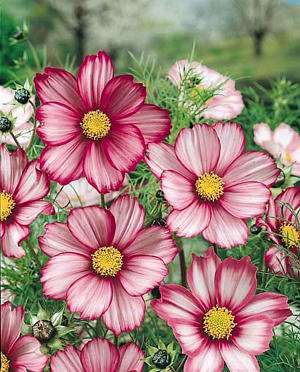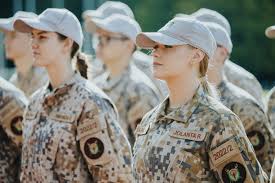Stamp: In Flanders Fields. Poem by John McCrae (Canada 2015)
In Flanders Fields. Poem by John McCrae (Canada 2015)
03 May (Canada ) within release In Flanders Fields. Poem by John McCrae goes into circulation Stamp In Flanders Fields. Poem by John McCrae face value P No Face Value
| Stamp In Flanders Fields. Poem by John McCrae in catalogues | |
|---|---|
| Stamp Number: | Sn: CA 2836i |
Stamp is horizontal format.
Stamp from Booklet of 10 (Sn CA 2836a). Sold for $0.85 on day of issue. Die cut to shape from Quarterly Pack/Annual Collection.Stamp In Flanders Fields. Poem by John McCrae it reflects the thematic directions:
Birds (Aves), a subgroup of Reptiles, are the last living examples of Dinosaurs. They are a group of endothermic vertebrates, characterised by feathers, toothless beaked jaws, the laying of hard-shelled eggs, a high metabolic rate, a four-chambered heart, and a strong yet lightweight skeleton. Birds live worldwide and range in size from the 5 cm (2 in) bee hummingbird to the 2.75 m (9 ft) ostrich. They rank as the class of tetrapods with the most living species, at approximately ten thousand, with more than half of these being passerines, sometimes known as perching birds. Birds are the closest living relatives of crocodilians.
World War I or the First World War (28 July 1914 – 11 November 1918), also known as the Great War, was a global conflict between two coalitions: the Allies (or Entente) and the Central Powers. Main areas of conflict included Europe and the Middle East, as well as parts of Africa and the Asia-Pacific. There were important developments in weaponry including tanks, aircraft, artillery, machine guns, and chemical weapons. One of the deadliest conflicts in history, it resulted in an estimated 30 million military casualties, plus another 8 million civilian deaths from war-related causes and genocide. The movement of large numbers of people was a major factor in the deadly Spanish flu pandemic.
A flower, sometimes known as a bloom or blossom, is the reproductive structure found in plants that are floral (plants of the division Magnoliophyta, also called angiosperms). The biological function of a flower is to effect reproduction, usually by providing a mechanism for the union of sperm with eggs. Flowers may facilitate outcrossing (fusion of sperm and eggs from different individuals in a population) or allow selfing (fusion of sperm and egg from the same flower). Some flowers produce diaspores without fertilization (parthenocarpy). Flowers contain sporangia and are the site where gametophytes develop. Many flowers have evolved to be attractive to animals, so as to cause them to be vectors for the transfer of pollen. After fertilization, the ovary of the flower develops into fruit containing seeds. In addition to facilitating the reproduction of flowering plants, flowers have long been admired and used by humans to beautify their environment, and also as objects of romance, ritual, religion, medicine and as a source of food.
A military, also known collectively as an armed forces, are a heavily armed, highly organized force primarily intended for warfare. Militaries are typically authorized and maintained by a sovereign state, with their members identifiable by a distinct military uniform. They may consist of one or more military branches such as an army, navy, air force, space force, marines, or coast guard. The main task of a military is usually defined as defence of their state and its interests against external armed threats.
Poetry (from the Greek word poiesis, "making") is a form of literary art that uses aesthetic and often rhythmic qualities of language to evoke meanings in addition to, or in place of, literal or surface-level meanings. Any particular instance of poetry is called a poem and is written by a poet.



